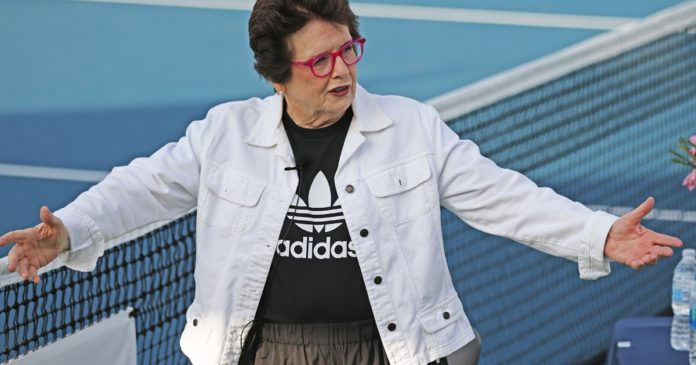
When 23-year-old tennis superstar Naomi Osaka cited mental health concerns as the reason for withdrawing from Wimbledon in June and the French Open a month later, a reckoning arrived.
Was it OK for someone so accomplished and important to a sport to exit into the shadows, rather than play through things? America, after all, long prided itself on playing hurt as the ultimate measure of toughness.
Suck it up. Tape an aspirin to it. Fight through the pain, even if it takes root between the ears.
Then came Osaka, a winner of the U.S. and Australian opens, acknowledging that athletes can publicly share vulnerability and truths about the types of pressure that would cause most to crumple.
Is it the softening of America, in the generation of participation trophies? Or has the time come to prioritize mental health in the way athletes would deal with physical injuries and the daunting rehabilitation processes that followed, Twitter slings and arrows be damned?
Discussion and debate raged. But finally and fully, the previously thorny subject rushed into the daylight.
“I think it’s important we talk about it,” tennis icon Billie Jean King said Tuesday, at the 16s and 18s girls national championships with her name on it at the Barnes Tennis Center. “I like the fact that we can talk about it. In the old days, you couldn’t talk about it.”
King, the trailblazer for critical conversations ranging from gender equity to sexuality, has wrestled with her own frailties while simultaneously tapping the courage to become the face of fight after fight.
She initially hid the fact that she was gay, until it became clear she could wield a megaphone to amplify understanding. She could machete a path, swat away the stigma and make it easier for the next person — and thousands after that.
Around 1995, she entered therapy for a binge-eating disorder and never looked back.
“I remember at Wimbledon (in the 1968 semifinals), it was 30-40, 5-all against Ann Jones,” recalled King, 77. “My back’s to the Royal Box, my hand is shaking. ‘I can’t even serve right. What am I going to do?’ As soon as I said to myself, ‘I’m so nervous’ and took ownership of my feelings, I was OK.”
King admitted to being conflicted about the complexities of what Osaka and, later, gymnastics megastar Simone Biles face in this area of social media tsunamis and eras separated by more than half a century.
In so many ways, it’s like comparing apples and Oldsmobiles.
The fact that the biggest names in their sports cracked the door to candor, though, connects very personally for someone who so often swam against the raging currents of stubborn convention.
“I think it’s great what she did,” King said of Osaka. “I like it, because I want tennis to lead.”
Think about things differently, King advised. Peer through a different lens. Challenge the dusty ways of the past. Utilize an open mind, along with your racket.
“You’re supposed to sleep eight hours, right? Most people work eight hours,” she said. “Then if you go to therapy, I call it my ‘emotional office,’ that’s only once a week for an hour while you do these other things eight hours a day.
“As an athlete, you get the right coach, the right doctor. Why not the right therapist? It’s good that we’re talking about it.”
There’s a salient point there, of course. Even if someone addresses his or her own mental health, it might earn the same time out of your week as watching the newest episode of “The Voice.”
Though support ruled the day for Biles, who hit pause during the most recent Olympics in Tokyo, too many barked that she quit on the American team — even though her likely score in the team competition almost surely would have cost the team a medal.
Biles explained that for the first time in her career she experienced the “twisties,” meaning the loss of awareness of where she was in the air.
On the biggest stage, she wasn’t tough enough, critics snarled. Forget that Biles, the best gymnast of all time, carried the banner of the sport squarely on her bewilderingly broad shoulders for years.
“She didn’t really walk away. She was there (and returned for the balance beam),” King said. “She was having trouble with spatial relations. You don’t know where you are. You could break your neck. I think she did the right thing for her health.”
As King talked to dozens of teen players Tuesday, she kept the conversation going.
Hardly surprising. She’s done it her whole life.








